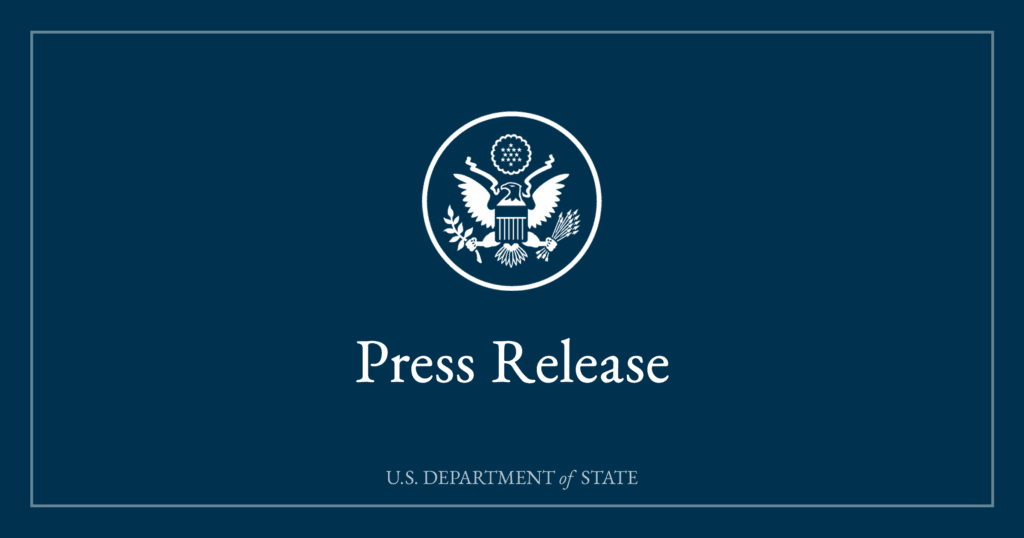The President’s decisions outlined to Congress highlight significant concerns regarding international drug trafficking and production.
By the authority granted by the Constitution, he identified several countries, including the Bahamas, Bolivia, China, and Venezuela, as major illegal drug producers and transporters. The presence of these countries on the list does not necessarily indicate their cooperation with U.S. drug control efforts.
Specifically, Afghanistan, Bolivia, Burma, Colombia, and Venezuela were designated as having “clearly failed” in drug management over the past year. The President emphasized the severe impact of fentanyl and other illegal drugs on public health, noting it is a leading cause of death among Americans aged 18-44.
To address these challenges, he mentioned deploying law enforcement and military resources to secure borders, leading to a decrease in overdose deaths. Cooperation with neighboring countries like Canada and Mexico has increased, with Mexico enhancing efforts against drug cartels.
The President took measures to designate Mexican drug cartels as foreign terrorist organizations, enabling more robust actions against them. He also highlighted China’s role in supplying precursor chemicals for fentanyl production, announcing tariffs and measures to curtail this flow.
The situation in Colombia and Venezuela was criticized, with calls for stronger action against narcotraffickers and improved drug management strategies. Finally, he noted continued drug production in Afghanistan despite Taliban bans, deeming it a threat to U.S. interests.
The President directed that these measures and justifications be made public and submitted to Congress.
Source link


